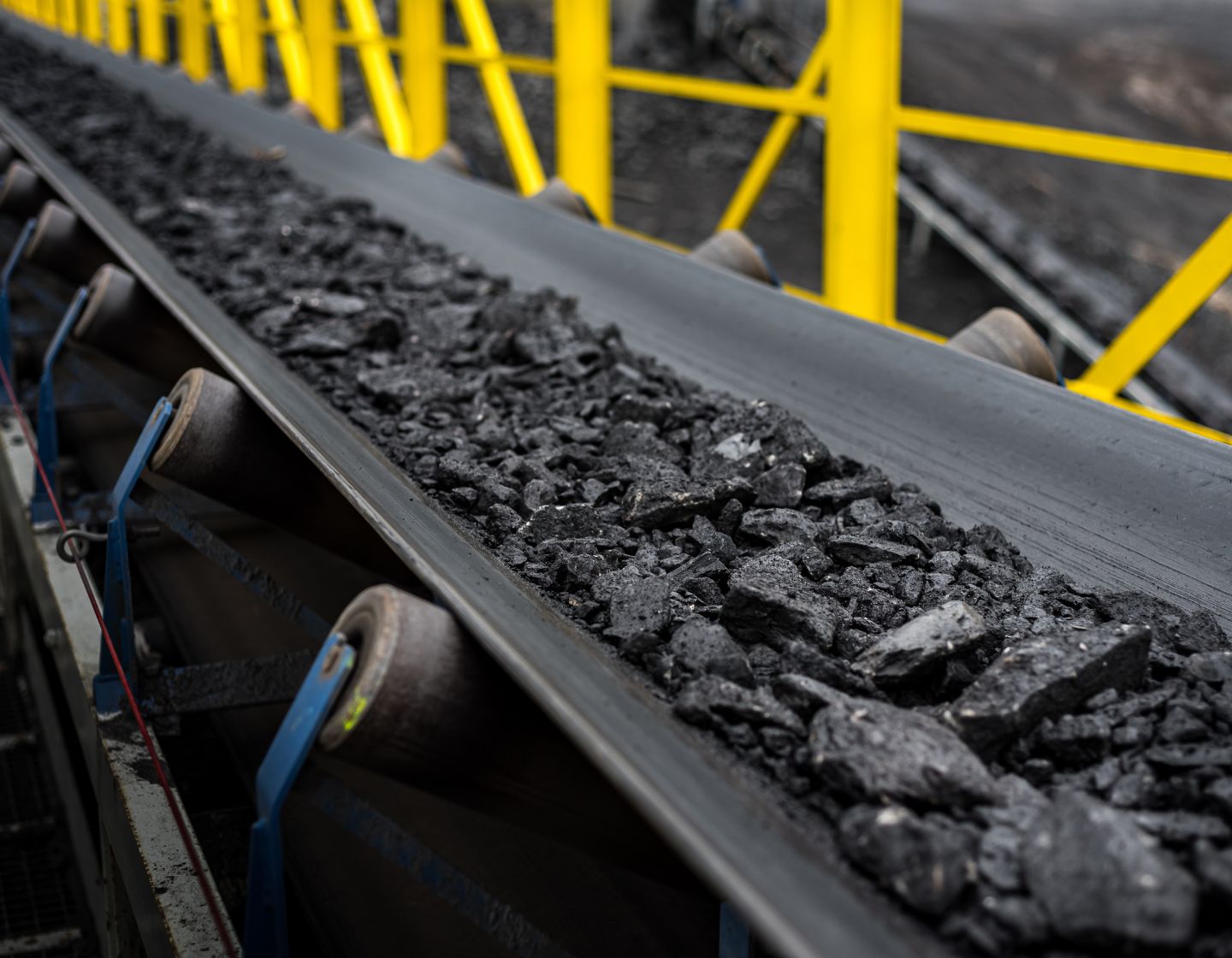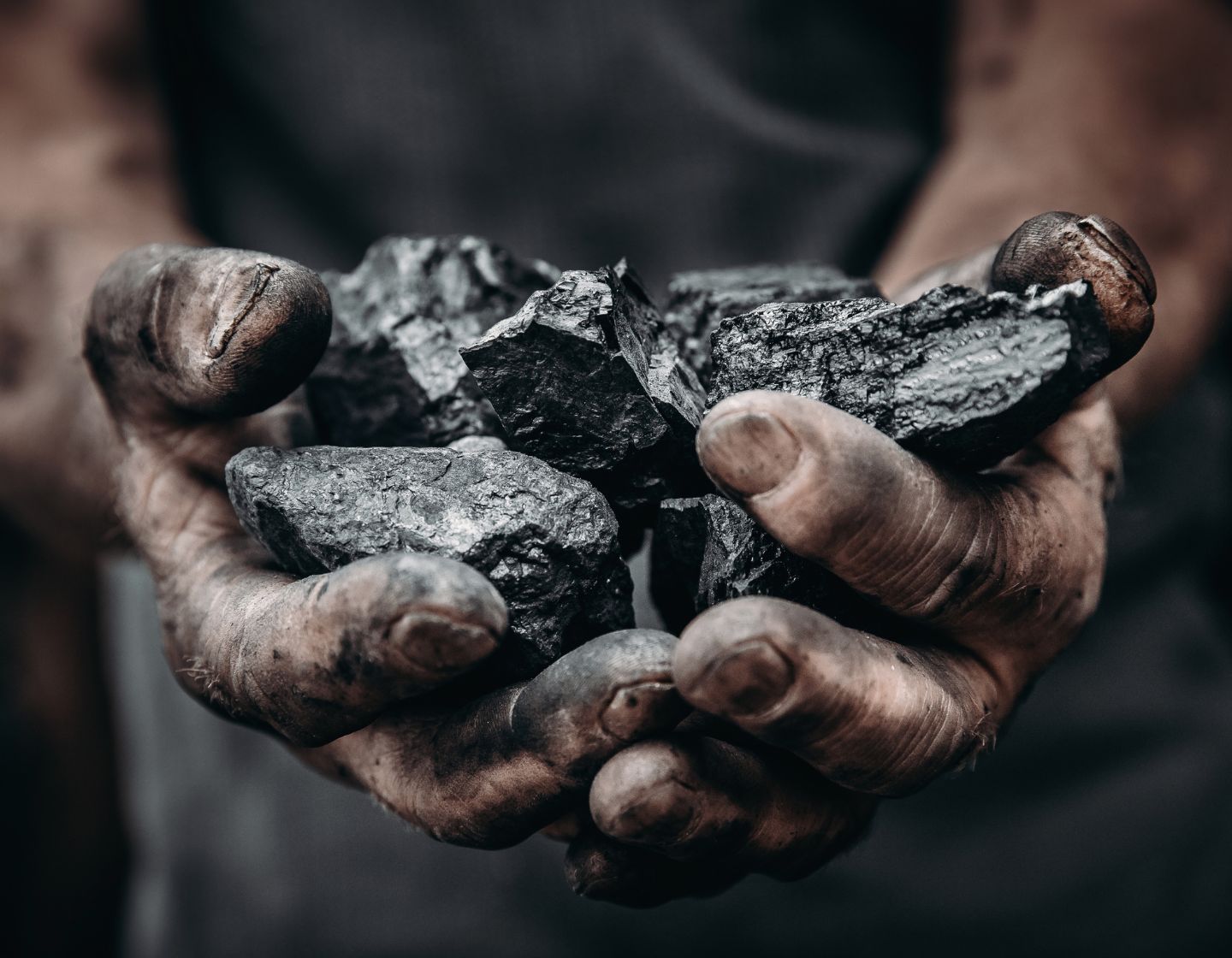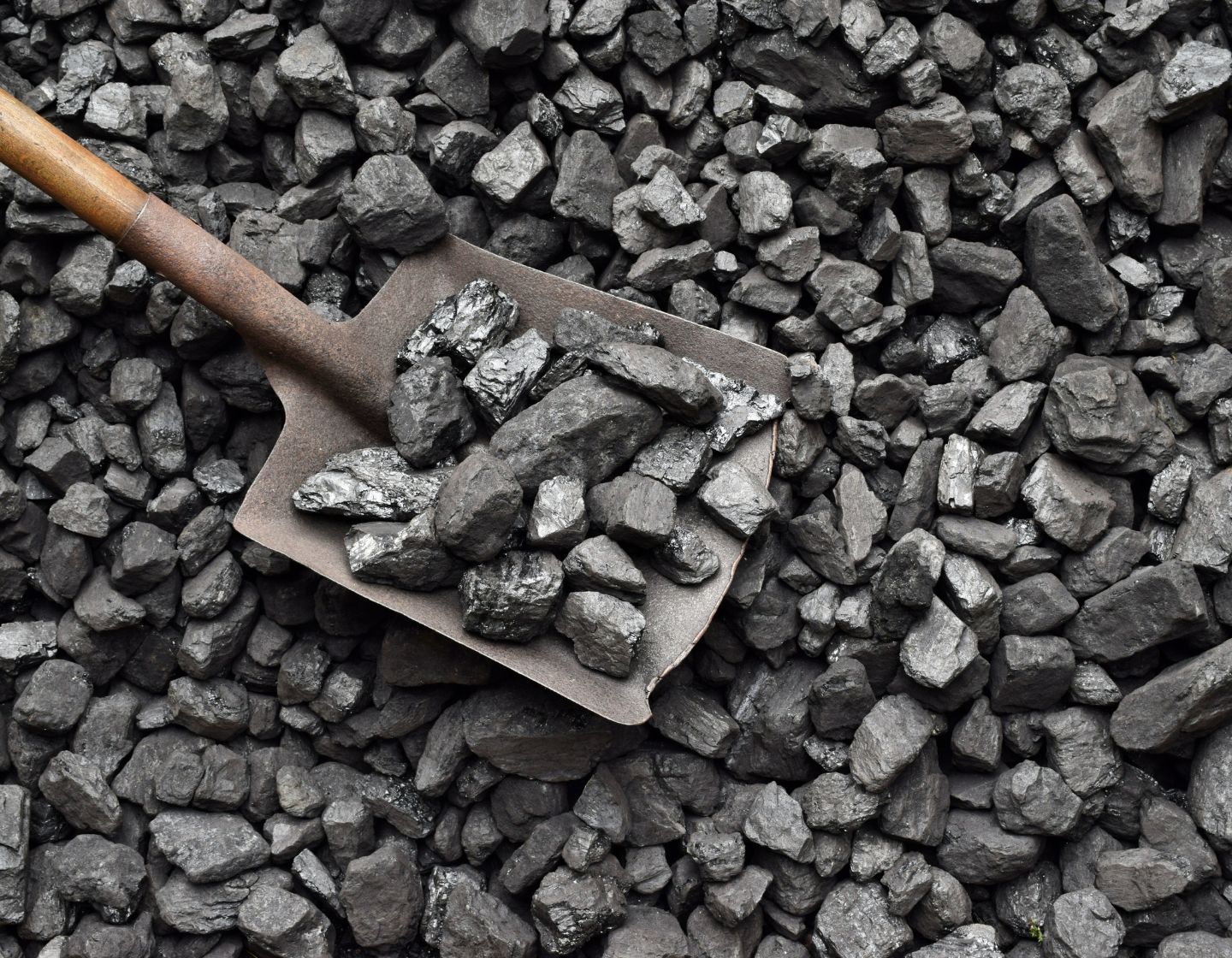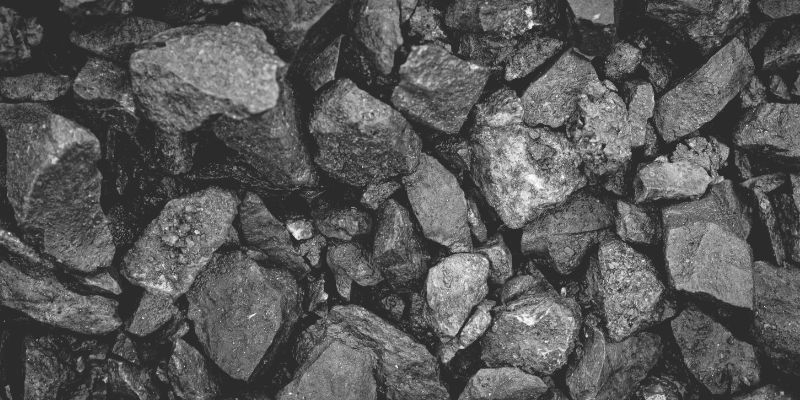What’s wrong with coal?
The glossy black rock that has fuelled economic progress for the past 250 years is “King Coal” no more – the environmental and health costs are just too great.
Coal’s leading position as a main source of energy is being deposed as the gases and other substances released when it’s burned are a cause of global heating and serious health problems.
The world’s coal resources were formed as dead plant matter decayed into peat and over millions of years, ancient trees were compressed and heated to form the black rock. It’s a form of stored energy that’s mainly carbon-based, along with hydrogen, nitrogen, oxygen and sulphur.
The energy is released when this fossil fuel is heated and clearly it’s non-renewable. But it’s very cheap and it helped fuel the Industrial Revolution, providing the energy for manufacturing, iron and steel production, electric power generation, railways, and other sectors.

Fossil fuels
While other fossil fuels like oil and gas together are the main sources globally, in 2020 coal supplied 27% of the world’s primary energy. However, the UK has weaned itself off using coal for energy production, with strong government policy encouraging rapid closure of coal-fired power stations over the past decade.
There is now just one coal-fired power plant operating in the UK, and complete phase-out for energy production is scheduled for 2024.
However, this still leaves coal-intensive industries like iron and steel as major users, in coke manufacture, blast furnaces and direct consumption. In 2021 the sector used 2.6 million tonnes of coal, around 36% of UK coal consumption.
Coal is one of the cheapest ways to produce energy, which is why many countries want to continue using it and the coal mining industry alone employs about 8 million people globally, generating revenues of more than US$900 billion a year. The countries which are most dependent on coal are the US, China and India.

Big polluter
But it’s a big polluter – burning 1 tonne of coal produces 4,172lbs of CO2. It releases more carbon dioxide than oil or gas and it’s responsible for over 0.3C of the 1C increase in global average temperatures, making it the single largest source of global temperature rise.
Coal accounted for over 40% of the overall growth in global CO2 emissions in 2021, an all-time high of 15.3 billion tonnes. CO2 and other greenhouse gases trap the Sun’s heat, which leads to rises in planet temperature.
Global energy-related carbon dioxide emissions rose by 6% in 2021 to 36.3 billion tonnes, their highest ever level, as the world economy rebounded strongly from the Covid-19 crisis and relied heavily on coal to power that growth, according to recent IEA analysis.
The Intergovernmental Panel on Climate Change advises that energy generation from coal must fall to 50% below current levels within a decade to ensure that the world is on track to hold global heating below 2C of pre-industrial levels – and to stay below 1.5C, about 75% of coal-fired power stations will need to cease operating over the decade.

Coal “phase down”
Progress is not going to be as fast as needed though. The COP26 climate conference in Glasgow agreed to “phase down” use of coal, with the final wording watered down from “phasing out”, which led UN Secretary General Antonio Guterres to warn: “We are still knocking on the door of climate catastrophe…it is time to go into emergency mode – or our chance of reaching net zero will itself be zero.”
And a report by the UN Environment Programme shows that globally, we are on track to produce more than double the amount of coal, oil and gas by 2030 than we can burn if we are to limit global warming by 1.5C. So more needs to be done.
At the same time, the necessity of a “just transition” is widely acknowledged. Governments will need to balance the complex dynamics of employment creation with regional economic development, impacts of higher energy prices for consumers and energy-intensive industries, and effects for individual countries.

